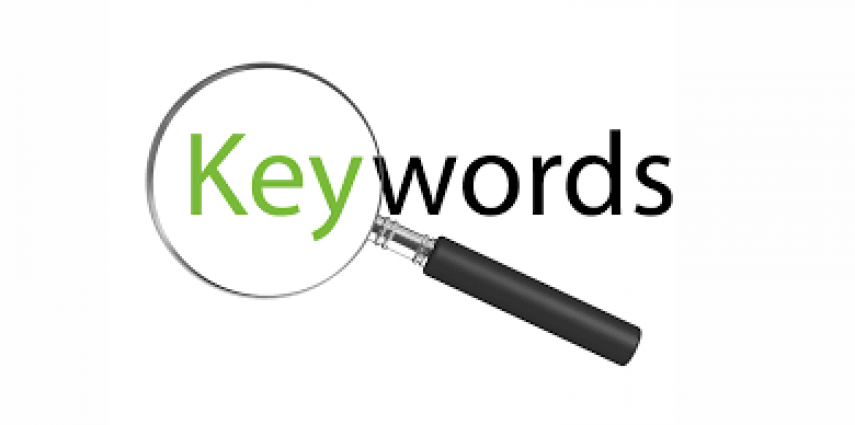
Arts & Humanities Databases
Use the dropdown arrow to choose other relevant databases and online resources.

Begin developing a topic and finding sources by asking yourself a few questions...
Once you've spent a bit of time answering these questions or if you already have a working topic or research question, you can take the key concepts you've identified and use the keywords and phrases to search for sources.
Use tools like the online Keyword Generator (below) and the Keyword Worksheet to get started!
Databases respond best to keyword searching. To search efficiently, try the tips below when searching with the keywords you've developed.
Tip #1: Use Boolean operators like AND and OR to tell the database how to search for your keywords:
Use AND in a search to...
Use OR in a search to...
Tip #2: Truncate some of the keywords using an asterisk to search for variations of a word.
|
educat* |
picturebook* |
|
Will Find: |
Will Find: |
|
educate |
picturebook |
You can use an article for more than just content. Check to see:
Citation searches are a great way to find the folks writing articles in direct conversation about a topic, text, or theoretical lens. Citation searching means looking at a publication's reference list (folks they cited before publishing) and "cited by" list (folks who cited them after they published).
The reference list will be at the end of the article, chapter, or book, and you can pick which sources you want to track down. The Cited By list is different but just as easy to find with tools like Google Scholar. Simply search for the article/publication in Google Scholar, then click the Cited By link below the title in the search results. This will bring up a list of all the publications Google Scholar can find that cited the original article. You can do this type of search with any publication you find until you have what you need.
Google works with libraries to determine which journals and papers they've subscribed to electronically. Once you configure the Library Links settings in Google Scholar, links to full-text articles will display in Google Scholar when they're available through Simmons Library.
To make these links appear, just access Google Scholar from any Simmons computer and the links will automatically be included.